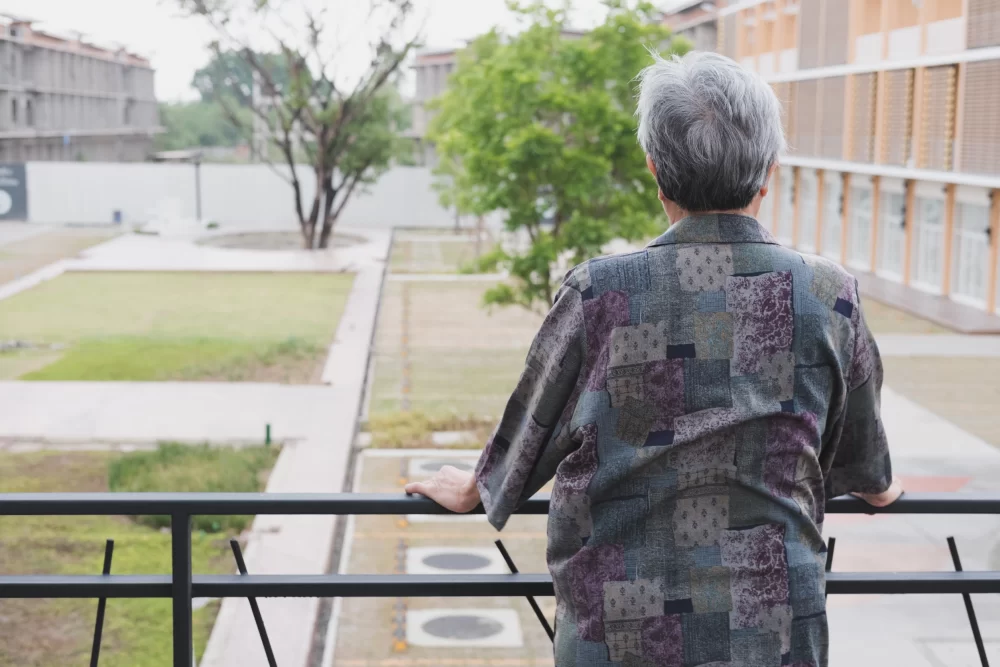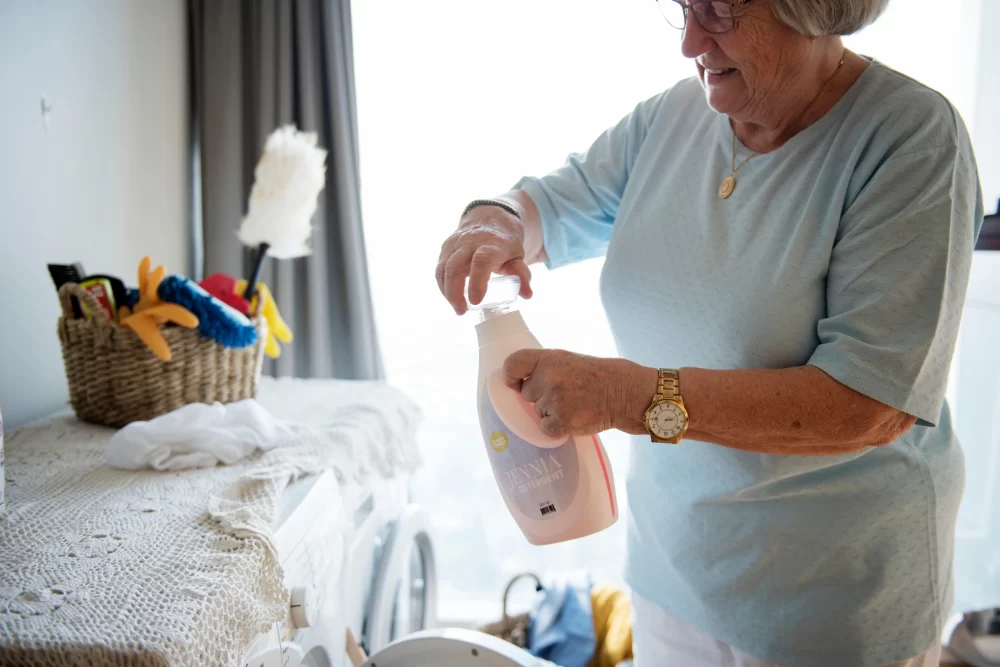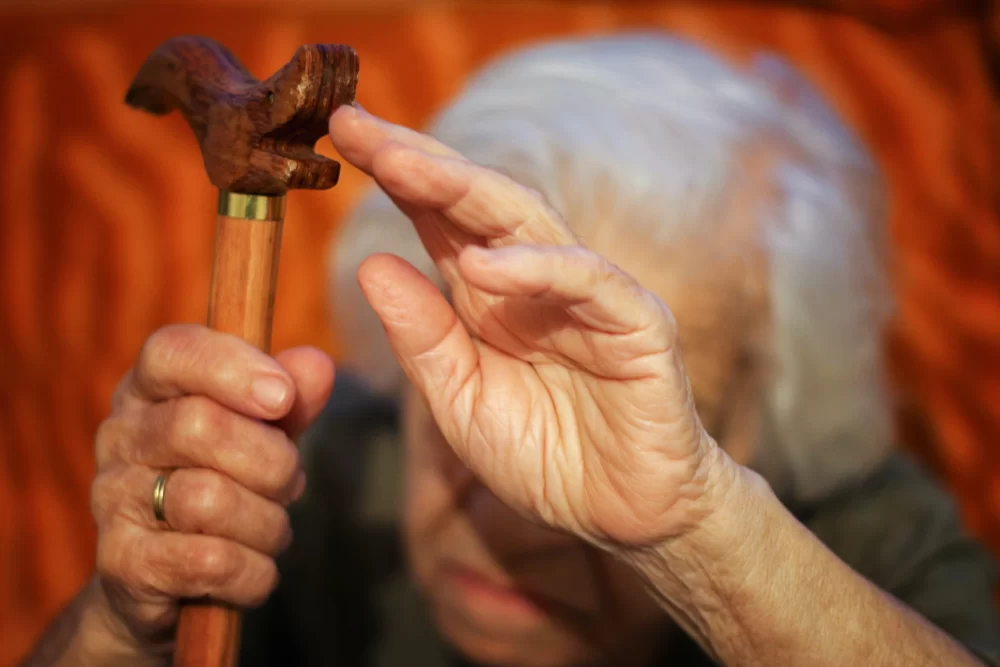As individuals age, the decision to transition to senior living can be a complex and emotional one. While many seniors wish to remain independent in their own homes for as long as possible, there are certain signs that may indicate it’s time to consider a move to a senior living facility. These are 10 signs that suggest senior living could be the next chapter in your life.
Declining Physical Health

One of the most significant indicators that it may be time to consider senior living is declining physical health. If you or your loved one are finding it increasingly difficult to perform daily tasks such as cooking, cleaning, or bathing, a senior living facility may offer the support and assistance needed to maintain a high quality of life. Additionally, senior living communities often provide access to healthcare services and amenities that can help seniors manage chronic conditions and age-related health issues more effectively.
Social Isolation

Social isolation is a common concern among seniors, especially those who live alone or have limited mobility. If you or your loved one are feeling lonely or isolated, a senior living facility can provide opportunities for socialization and community engagement. From group activities and outings to shared dining experiences, senior living communities offer a supportive environment where residents can connect with others and build meaningful relationships.
Difficulty Managing Household Tasks

As we age, household tasks such as grocery shopping, laundry, and home maintenance can become increasingly challenging. If you find yourself struggling to keep up with these responsibilities, it may be time to consider a move to senior living. In a senior living facility, residents can enjoy the convenience of housekeeping services, meal preparation, and transportation assistance, allowing them to focus on enjoying their retirement years without the stress of daily chores.
Safety Concerns

Safety should always be a top priority, especially for seniors who may be at an increased risk of falls or accidents. If you or your loved one are experiencing frequent safety concerns at home, such as difficulty navigating stairs or slippery floors, a senior living facility can provide a safer environment with features such as handrails, emergency call systems, and 24-hour staff assistance. By prioritizing safety, seniors can enjoy greater peace of mind and independence in their daily lives.
Memory Loss or Cognitive Decline

Memory loss and cognitive decline are common challenges associated with aging, and they can have a significant impact on daily functioning and quality of life. If you or your loved one are experiencing signs of memory loss or cognitive decline, such as forgetfulness, confusion, or difficulty with decision-making, a memory care program within a senior living facility may be the best option. These specialized programs offer personalized care and support for individuals with Alzheimer’s disease, dementia, and other memory-related conditions.
Financial Strain

Financial considerations play a crucial role in the decision-making process when it comes to senior living. If you or your loved one are experiencing financial strain or are concerned about the cost of maintaining your current living situation, exploring senior living options may provide a more affordable solution. Senior living communities offer a range of pricing options and financial assistance programs to accommodate different budgets and needs, allowing seniors to find a comfortable and sustainable living arrangement for their retirement years.
Difficulty Driving

For many seniors, driving becomes increasingly challenging as age-related changes affect vision, reflexes, and cognitive function. If you or your loved one are experiencing difficulty driving safely, it may be time to consider alternative transportation options and explore senior living communities that offer transportation services. By relinquishing the responsibility of driving, seniors can maintain their independence while reducing the risk of accidents and maintaining their mobility.
Loss of a Spouse or Caregiver

The loss of a spouse or primary caregiver can be a significant life event that prompts seniors to reevaluate their living situation. If you or your loved one are coping with the loss of a spouse or caregiver, transitioning to senior living can provide much-needed support and companionship during this challenging time.
Senior living communities offer a supportive environment where residents can receive emotional support, friendship, and assistance with daily tasks as they navigate the grieving process and adjust to life without their loved one.
Limited Access to Healthcare Services

Access to healthcare services is essential for seniors, especially those managing chronic conditions or complex medical needs. If you or your loved one are struggling to access necessary healthcare services due to limited mobility or lack of transportation, a move to senior living can provide access to on-site healthcare professionals, medication management services, and wellness programs. By prioritizing healthcare needs, seniors can maintain their health and well-being more effectively in a senior living setting.
Desire for a Maintenance-Free Lifestyle

Many seniors reach a point where they desire a maintenance-free lifestyle that allows them to focus on enjoying their retirement years without the hassle of home maintenance and upkeep. If you find yourself longing for a simpler, more carefree lifestyle, a senior living community may offer the ideal solution.
From worry-free living accommodations to amenities such as fitness centers, libraries, and landscaped grounds, senior living communities provide a comfortable and enjoyable environment where residents can pursue their interests and hobbies without the burden of homeownership.
The Decision to Transition to Senior Living

The decision to transition to senior living is a deeply personal one that should be based on individual needs, preferences, and circumstances. By recognizing the signs discussed in this article and exploring senior living options proactively, seniors and their families can make informed decisions that support their health, safety, and overall well-being in this next chapter of life.
If you or your loved one are considering senior living, take the time to research different communities, tour facilities, and consult with healthcare professionals to find the best fit for your unique needs and lifestyle. Remember, the journey to senior living is a journey toward greater independence, security, and fulfillment in your golden years.
Read the full article here














